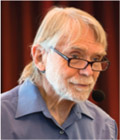
Dr. Richard Paul was a leading proponent of critical thinking and through his work and legacy remains an international authority in the field. He founded the Center for Critical Thinking at Sonoma State University in 1980, followed by the Foundation for Critical Thinking. He developed concepts, principles, and theory essential to a robust and fairminded conception of critical thinking and authored more than 200 articles and seven books on the topic. He presented workshops to hundreds of thousands of educators over his thirty-five-year career as a leader in the critical thinking movement.

Dr. Linda Elder is an educational psychologist who has taught both psychology and critical thinking at the college level. She has been president of the Foundation for Critical Thinking and executive director of the Center for Critical Thinking for almost twenty-five years. She has a special interest in the relation of thought and emotion, as well as the cognitive and affective. She has developed an original theory of the stages of critical thinking development. She has coauthored four books on critical thinking, as well as all twenty-three titles found in the Thinkers Guide Library.

PRAISE FOR FACT OVER FAKE
A timely revision to an essential volume for any critical thinkers library, Fact Over Fake provides a concise, cogent, and insightful examination of the challenges and opportunities presented by the news media landscape of the early twenty-first century, as well as practical tools to help navigate that daunting terraineven for those unfamiliar with, or unaccustomed to, thinking critically about how it affects their lives every day. An indispensable guide for all who aspire to think for themselves and for any conscientious citizen seeking to foster free, fairminded societies. Ken Stringer . president, CommunityPlus
People turn to news to find the truth. However, popular news, as most of us think of it, is more about perspective-making than truth-telling. So, what to do? One great start is to study Dr. Elders excellent Fact over Fake: A Critical Thinkers Guide to Media Bias and Political Propaganda . Elder upholds the idea of the liberal-minded person as a fair-minded, critical thinker while simultaneously lambasting liberal and conservative ideologues who ignore intellectual autonomy and courage in support of their respective dogmas. The book provides a road map to consume news through the lens of the Paulian critical thinking framework. This work is easy to read but challenging to digest because it challenges us to look in the mirror and examine our thinking. As an educator, I am appreciative that this book contains several Think for Yourself activities that are suitable for personal or group reflection. The next time you hear the phrase Fake News, think carefully about who is trying to hoodwink you, and why. Daryl Watkins , associate professor of organizational leadership, Embry-Riddle Aeronautical University
Fact over Fake is a well-researched, scholarly, academic, and thoughtful book that is helpful in this era of misinformation, fake news, echo chambers, and information bubbles. The authors pose probing questions and provide useful lists, charts, diagrams, and graphics that readers can use as a guide. They provide a list of useful activities and questions that readers can use in their analysis of news and information. The book is a valuable and meaningful addition to works dedicated to the topics of media bias and media literacy. Larry Atkins , author, Skewed: A Critical Thinkers Guide to Media Bias
Paul and Elder, with their critical thinking perspective, cut into the issue of fake news, propaganda, social media dissemination and the need for professional journalism vs. social media advertisers looking for clicks. The latter category focuses on click-bait while the seriousness and integrity of professional journalists must be preserved. Their focus on the latest theories of consumer learning is also useful in that consumers are self-selecting news that fits their learned biases, rather than steering toward neutral sources without political bias. The fragmentation of the news market advances propaganda which is the antithesis of news. Only a critical thinking perspective on the part of news agencies and consumers can overcome the current situation, which is explained beautifully in this book. Myna German , professor, mass communications, visual and performing arts, Delaware State University
How do we become wiser consumers of the news and other information presented on the Internet, and why would this even be desirable? In this very timely book, Drs. Linda Elder and Richard Paul present a clear, comprehensive guide for those who are ready to better understand and more intelligently navigate the chaotic world of misinformation. The book begins with a review of important fundamentals, such as the concepts of news and objectivity, and discusses the powerful influences that lead to medias distortion of events. Using examples from current news stories, the guide demonstrates how the Paulian tools for critical thinking can be applied to examine the often fragmented and biased messages we receive and to skillfully analyze and evaluate their content for ourselves. Ending with an Appendix of Think for Yourself exercises, this book can easily serve as a self-study companion, or a robust addition to a variety of high school and university courses. Agnieszka Alboszta , American English Institute, University of Oregon
Eye-opening, practical and thorough, this revised Thinkers Guide is required reading for todays consumer of news and media who is striving to make meaning amid the daily fray of contradictory information and shallow judgments. The clear strategies and timely insights provided in this book will enable youas part of your regular consumption of online, print, or broadcast newsto interrogate biases, identify alternative perspectives, evaluate information and internalize the habits of a critical thinker. Patty Payette , senior associate director, Delphi Center for Teaching and Learning, University of Louisville
Acquisitions Editor: Natalie Mandziuk
Assistant Editor: Deni Remsberg
Executive Channel Manager: Karin Cholak
Credits and acknowledgments for material borrowed from other sources, and reproduced with permission, appear on the appropriate pages within the text.
Published by Rowman & Littlefield
An imprint of The Rowman & Littlefield Publishing Group, Inc.
4501 Forbes Boulevard, Suite 200, Lanham, Maryland 20706
www.rowman.com
6 Tinworth Street, London SE11 5AL, United Kingdom
Copyright 2020 by Richard Paul and Linda Elder
All rights reserved. No part of this book may be reproduced in any form or by any electronic or mechanical means, including information storage and retrieval systems, without written permission from the publisher, except by a reviewer who may quote passages in a review.
British Library Cataloguing in Publication Information Available
Library of Congress Control Number: 2020943276
Library of Congress Cataloging-in-Publication Data Is Available
978-1-5381-4393-3 (cloth)
978-1-5381-4394-0 (paperback)
978-1-5381-4395-7 (electronic)
 The paper used in this publication meets the minimum requirements of American National Standard for Information SciencesPermanence of Paper for Printed Library Materials, ANSI/ NISO Z39.48-1992.
The paper used in this publication meets the minimum requirements of American National Standard for Information SciencesPermanence of Paper for Printed Library Materials, ANSI/ NISO Z39.48-1992.


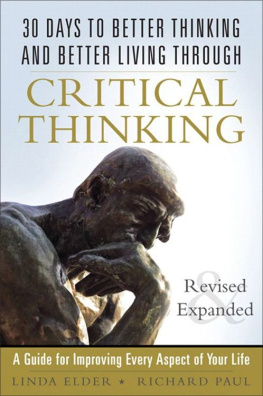
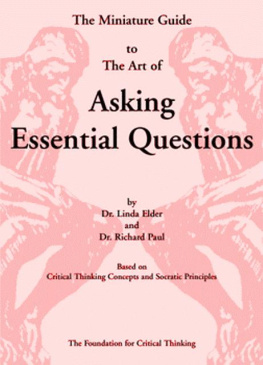
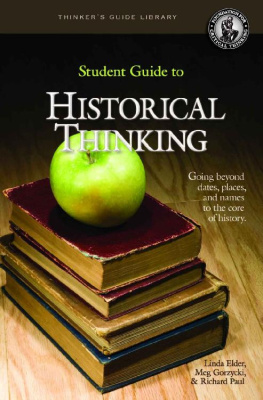
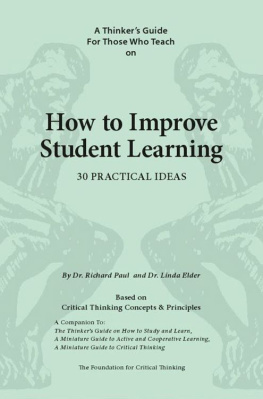
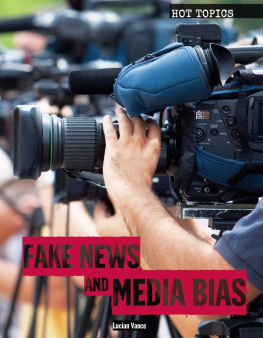
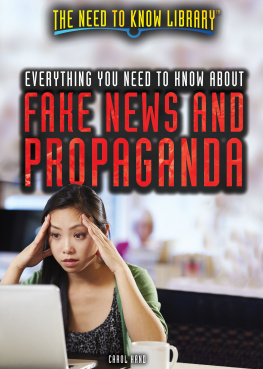
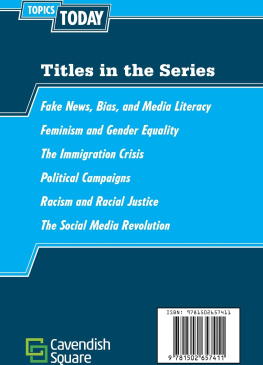
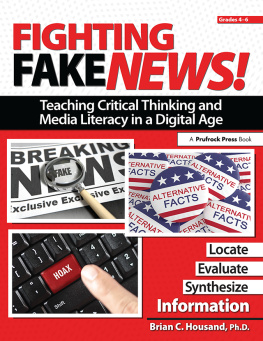
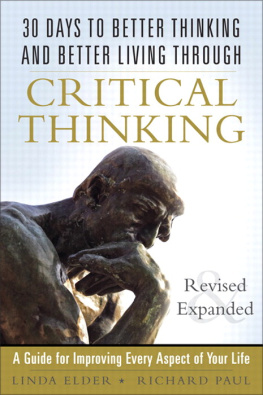



 The paper used in this publication meets the minimum requirements of American National Standard for Information SciencesPermanence of Paper for Printed Library Materials, ANSI/ NISO Z39.48-1992.
The paper used in this publication meets the minimum requirements of American National Standard for Information SciencesPermanence of Paper for Printed Library Materials, ANSI/ NISO Z39.48-1992.